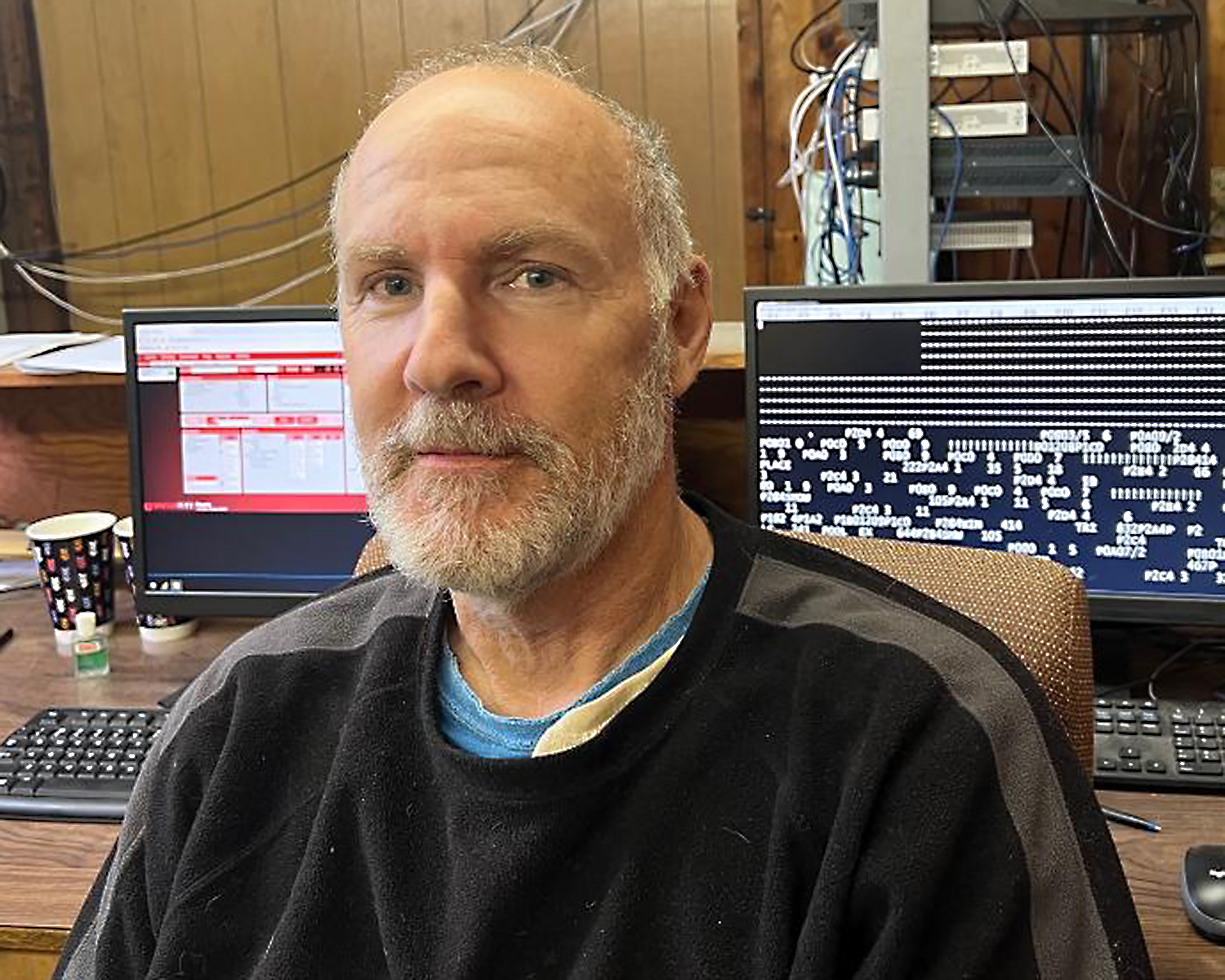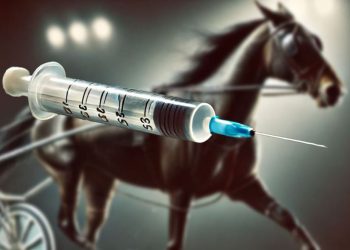CUMBERLAND, ME–A job opening listed by United Tote was published in the Bangor Daily News during the mid-nineties.

Former Coast Guard serviceman Marc Warren showed up to apply for the job thinking it was a moving company. At a lean six foot plus, Warren was happy to continue to employ his muscles in exchange for money.
“I was out of work and fresh out of the service. That’s what I assumed…that I was going to ‘tote’ stuff,” stated the Maine native with a laugh. “I walked into the tote room at Bangor Raceway and Doug Butler said, ‘Do you think you can learn this?’ And I said, ‘Oh yes, absolutely.’”
Now 56, and the Northeast Regional Manager for United Tote, Warren has given well over twenty years to the organization, which ensures that a trustworthy and reliable tote signal and betting information goes out to the public via simulcast broadcast. Warren is also responsible for the wagering terminals as well as on-track tote board and the pari-mutuel information that it conveys.
Previous to his start at Bangor Raceway in the mid-nineties, Warren was in the Coast Guard and specialized in the structural repair of aircraft. Then he switched over to the Air National Guard and flew as a drop master in the C-130 cargo planes.
“Those are the big four-engine prop planes, and I was a crew member in the back of the planes, throwing out cargo, flares, etc.” Now Warren just moves a different kind of cargo from place to place…pari-mutuel equipment.
“Of course, if you work for Churchill Downs properties and you have a pulse, you go down to the derby on the first Saturday in May,” noted Warren.
This kind of work certainly has its challenges. Internet connectivity, wiring, power supplies, it’s all crucial to ‘carrying the signal.’ But no one in the industry needs to be reminded that racing horses has its share of challenges; the weather, the racing surface, aging facilities and groundwork.
Add computer equipment to the fray, and things can easily go haywire.
“Here in Maine one of our biggest challenges is the county fair setting,” Warren explains. “It’s a harsh environment for electronics. We used to be in a nice, air-conditioned trailer, which the equipment likes. Now we are in a 98-degree wooden box with a tin roof. It might be 115 in the air.”
Much of the cables and wires are left out in the elements, used for just one week and then remain outside for the winter. Troubleshooting before the meet becomes the most important factor toward planning for an interruption free racing program.
Asked about his most memorable experience, Warren was quick to recall the Bucking Horse Sale and pari-mutuel Wild Horse Races and Bucking Bronco competition as one of wildest rides he’s ever been on. “They come from all over the West to bet on the cowboys and wager on ‘if’ they can stay in the saddle long enough.”
Unlike the cowboys that ride these bucking broncos, Warren has no intention of ‘riding off into the sunset.’
As Warren closes this chapter of his life, First Tracks Cumberland will recognize Warren on Wednesday (Dec. 29) for his twenty years of dedication and service to harness racing in the state of Maine.
Keeping his future plans close to the vest, Warren concluded that, “I am going to keep working. But I am probably not going to do this every day. Perhaps I’ll do something a little closer to home.”
by Chris Tully, for First Tracks Cumberland

 USA
USA Canada
Canada Australia
Australia New Zealand
New Zealand Europe
Europe UK / IRE
UK / IRE



